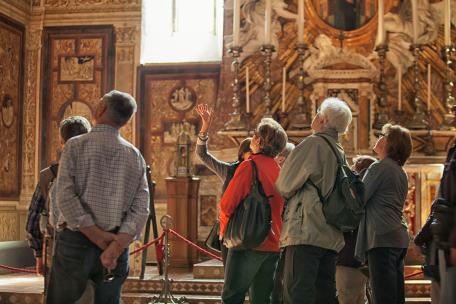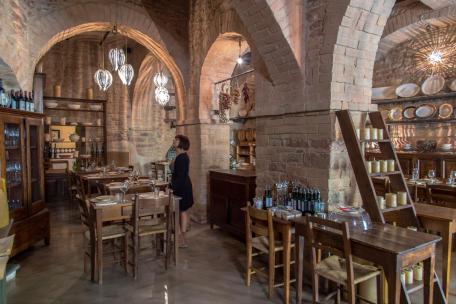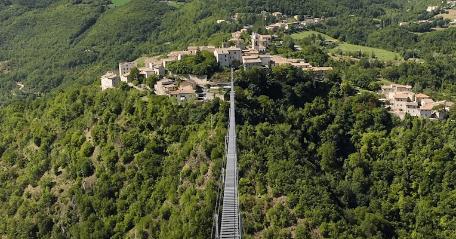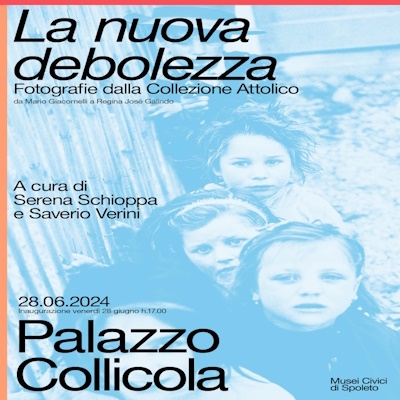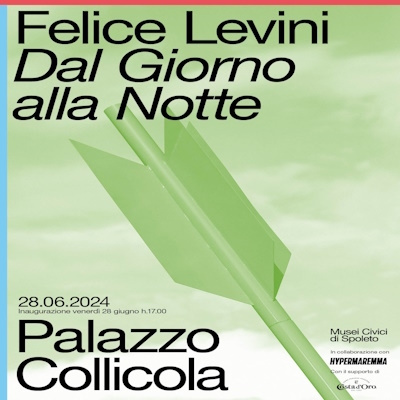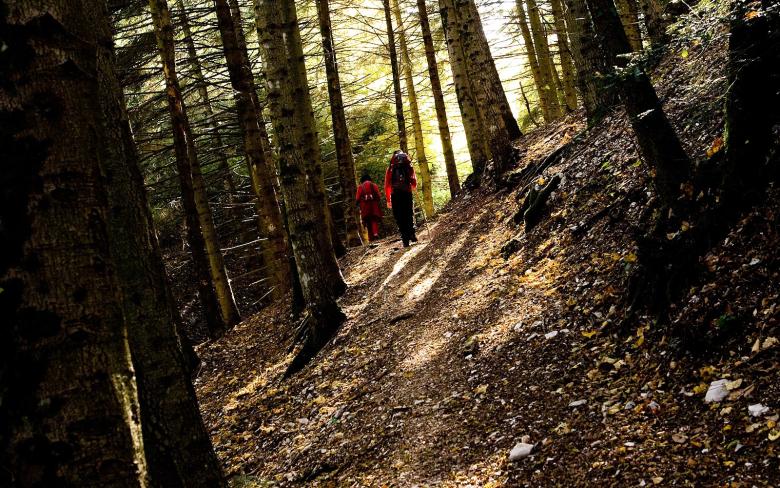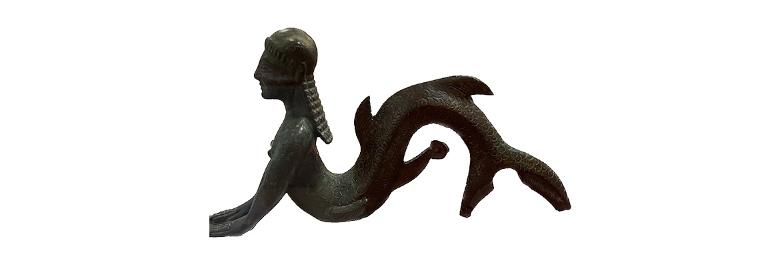Even older is the Romanesque crypt, which, in spite of some modifications in the 17th century, has kept its original layout.
Inside is the tomb of Matilde Marzia who died in 1240, the mother of Beato Simone di Colazzone (Blessed Simon of Colazzone).
The San Lorenzo complex began as a Benedictine Abbey and is first mentioned in documents in 1227, the year when a certain Oddone di Pietro donated some land to the abbot Gugliemo.
Judging by the Romanesque crypt, however, we can hypothesize that construction of the building dates back to the 11th century.
The historical events of the complex are connected to the life of Beato Simone (Blessed Simon), a follower of Saint Francis.
In 1259, the abbey was donated by to Bishop of Todi to the Franciscans and it was specifically following the wishes of Beato Simone that the Clarisse settled there.
Over the course of the 13th century, the convent increased its holdings. In 1306, Jacopone di Todi, looking for an isolated place to spend the last years of his life, took refuge there.
After this period of relative peace, the convent became prey to raids until the second half of the 14th century. The Clarisse were moved, some to the monastery of Montecristo in Todi, others to inside the safety of Collazone's city walls.
After the relocation of the Clarisse, the convent underwent a period of decline, until it was completely abandoned.
In 1844, the Bishop of Todi conceded it to Fra Carlo di Neustria and it was later sold to private owners.










